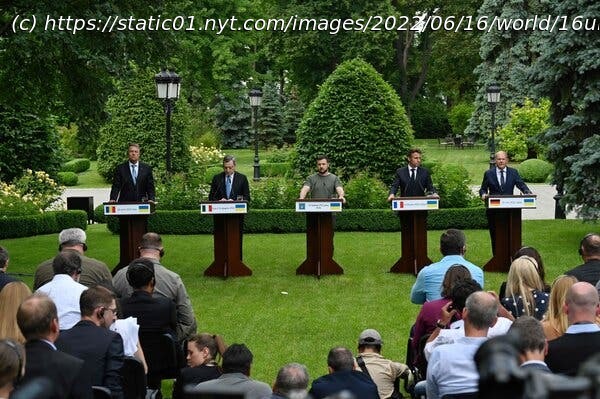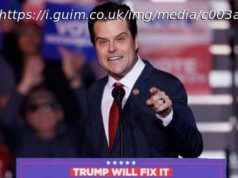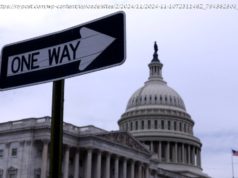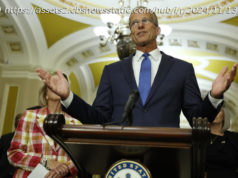Seeking to overcome tensions with Kyiv, President Emmanuel Macron of France and Chancellor Olaf Scholz of Germany backed away from Moscow diplomacy, at least for now.
It was late in the day, almost four months after Russia’s unprovoked invasion of Ukraine, but when the leaders of the European Union’s three largest nations at last journeyed to Kyiv, their intent was clear: to dispel any doubt that they would waver in backing Ukraine’s quest for sovereignty, territorial integrity, freedom and membership in what Chancellor Olaf Scholz of Germany called “the European family.”
The reassurance, which appeared undiluted by any pressure on Ukraine to negotiate with Moscow, was emphatic. The determination to lay to rest any whiff of appeasement of the indiscriminate aggression by President Vladimir V. Putin of Russia, which has already taken tens of thousands of lives, appeared paramount. The insistence last month by President Emmanuel Macron of France that it was important never to cede “to the temptation of humiliation” with respect to Russia had infuriated President Volodymyr Zelensky of Ukraine, who said the French president should not be seeking “a way out for Russia.” In Kyiv on Thursday, Mr. Macron pivoted, expressing effusive support for the Ukrainian cause.
“We will do everything so that Ukraine can choose its destiny,” he said. Still, the question remained open of how a war that has put acute pressure on the global economy, with inflation rising sharply and food shortages looming, would ever be ended. The European leaders’ avoidance of any overt exhortation to Mr. Zelensky to negotiate with Mr. Putin almost certainly did not mean that they had given up their strong inclination to favor diplomacy and avert, at any cost, some escalation of the war. In the immediate term, Europe and its leaders, need peace to avoid a downward economic spiral. Soaring energy prices are angering voters. But in the longer term, Europe needs affirmation of the values of freedom and peace that have served it well since 1945 and been cemented by NATO and the European Union. It was to this vision, and Ukraine’s part in it, that the leaders committed themselves on Thursday.
“Today, it is clearly on Ukrainian soil that the security of the European continent as a whole is at stake,” Mr. Macron said. “Europe is at your side and will remain so as long as necessary.”
This was a different tone from Mr. Macron. Tensions had flared between Mr. Zelensky and his French and German counterparts over issues including delivery of heavy weapons to Ukraine and Mr. Macron’s and Mr. Scholz’s readiness to keep diplomatic avenues open to Mr. Putin. Before the visit Thursday, Oleksiy Arestovych, a Ukrainian presidential adviser, told the mass-circulation German daily Bild that he was worried the European leaders would come to Kyiv saying “we need to end the war that is causing food problems” and “we need to save Putin’s face.






